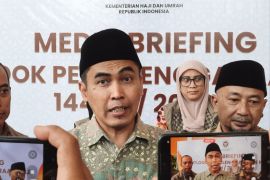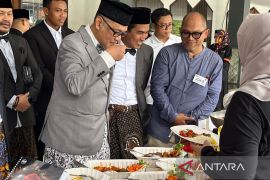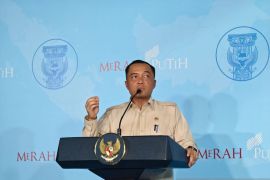"Authorities continue to systematically suppress or fail to protect the rights of nine million Saudi women and girls, eight million foreign workers, and some two million Shiite citizens," HRW said in its annual report for 2010.
And "each year, thousands of people receive unfair trials or are subject to arbitrary detention," said the report released in Brussels.
It listed individual curbs on freedoms affecting residents, particularly on women, whose ability to work, marry, study or travel lies in the hands of male guardians.
The group criticised the kingdom`s failure to fulfill a 2009 pledge to the UN Human Rights Council to end the male guardianship system, saying human rights remained poor in Saudi Arabia.
"Reforms to date have involved largely symbolic steps to improve the visibility of women and marginally expand freedom of expression," the New York-based group said.
It cited one case of a court refusing to remove as guardian the father of a medical doctor in her 40s after her father refused to let her marry and had confiscated her income. The doctor now lives in a women`s shelter.
Another woman, Sawsan Salim, was sentenced to 300 lashes and 18 months prison for appearing in court without a male guardian, it added.
"The government has not yet set a minimum legal age for marriage, but in June issued new marriage contracts noting the bride`s age," the report said, adding that one newspaper reported a divorced father marrying off his daughter, 12, for 80,000 riyals (21,300 dollars) because his ex-wife had gained custody.
"Asian embassies report thousands of complaints each year from domestic workers forced to work 15-20 hours a day, seven days a week, and denied their salaries," the report said.
"Domestic workers frequently endure forced confinement, food deprivation and severe psychological, physical, and sexual abuse," HRW said, adding that 8.3 million migrant workers legally live in Saudi Arabia.
Shiites in the kingdom are also a target of discrimination, it said.
"Official discrimination against Shiites encompasses religious practices, education, and the justice system. Government officials exclude Shiites from certain public jobs and policy questions and publicly disparage their faith."
(Uu.G003/B002/P003)
Editor: Priyambodo RH
Copyright © ANTARA 2011











